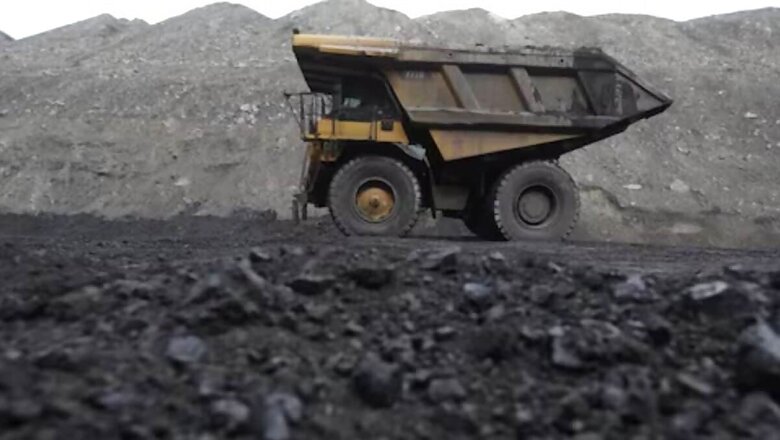
views
The government has cancelled the auction for three key mineral blocks, including a lithium mine in Jammu and Kashmir, as part of the third round of mineral sales due to insufficient bidders. This auction is part of the government’s effort to promote cleaner alternatives and achieve self-sufficiency in critical mineral resources. The three blocks are the Salal-Haimna Lithium, Titanium, and Bauxite (Aluminous Laterite) Block in Jammu and Kashmir, the Muskaniya-Gareriatola-Barwari Potash block in Jharkhand, and the Kurunjakulam Graphite block in Tamil Nadu.
The Mines Ministry announced the cancellation, stating that the auction did not receive the required number of bids as specified by the mineral auction rules. On March 14, the ministry had put seven critical mineral blocks up for auction in this round, including those with fewer than three bids in the previous tranche. These seven blocks, which include minerals such as Glauconite, Graphite, Nickel, PGE, Potash, Lithium, and Titanium, are located in Bihar, Jharkhand, Tamil Nadu, Uttar Pradesh, and the Union Territory of Jammu and Kashmir.
Last month, the government annulled the auction of 14 critical mineral blocks that were part of the second round of sales. In the first round, the Centre had already cancelled the auction for 13 out of the 20 blocks due to a tepid response. Recently, the Centre initiated the fourth round of auctions for critical and strategic mineral blocks, offering 21 mines across various states including Arunachal Pradesh, Chhattisgarh, Jharkhand, Karnataka, Rajasthan, Maharashtra, and Uttar Pradesh.
Among the 21 blocks offered in the latest auction, 11 are new and located in Arunachal Pradesh, Chhattisgarh, Jharkhand, Karnataka, Rajasthan, and Uttar Pradesh. These blocks feature a range of minerals such as Graphite, Glauconite, Phosphorite, Potash, Nickel, PGE, Phosphate, and Rare Earth Elements (REE). The addition of these mineral blocks reflects the government’s strategic focus on diversifying the mineral supply chain and bolstering domestic production of crucial resources.

















Comments
0 comment